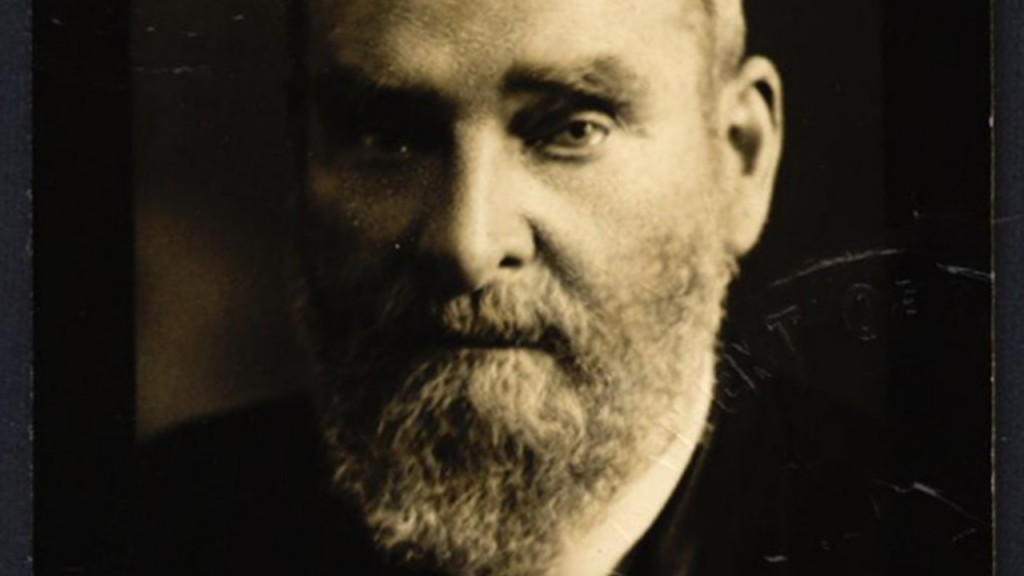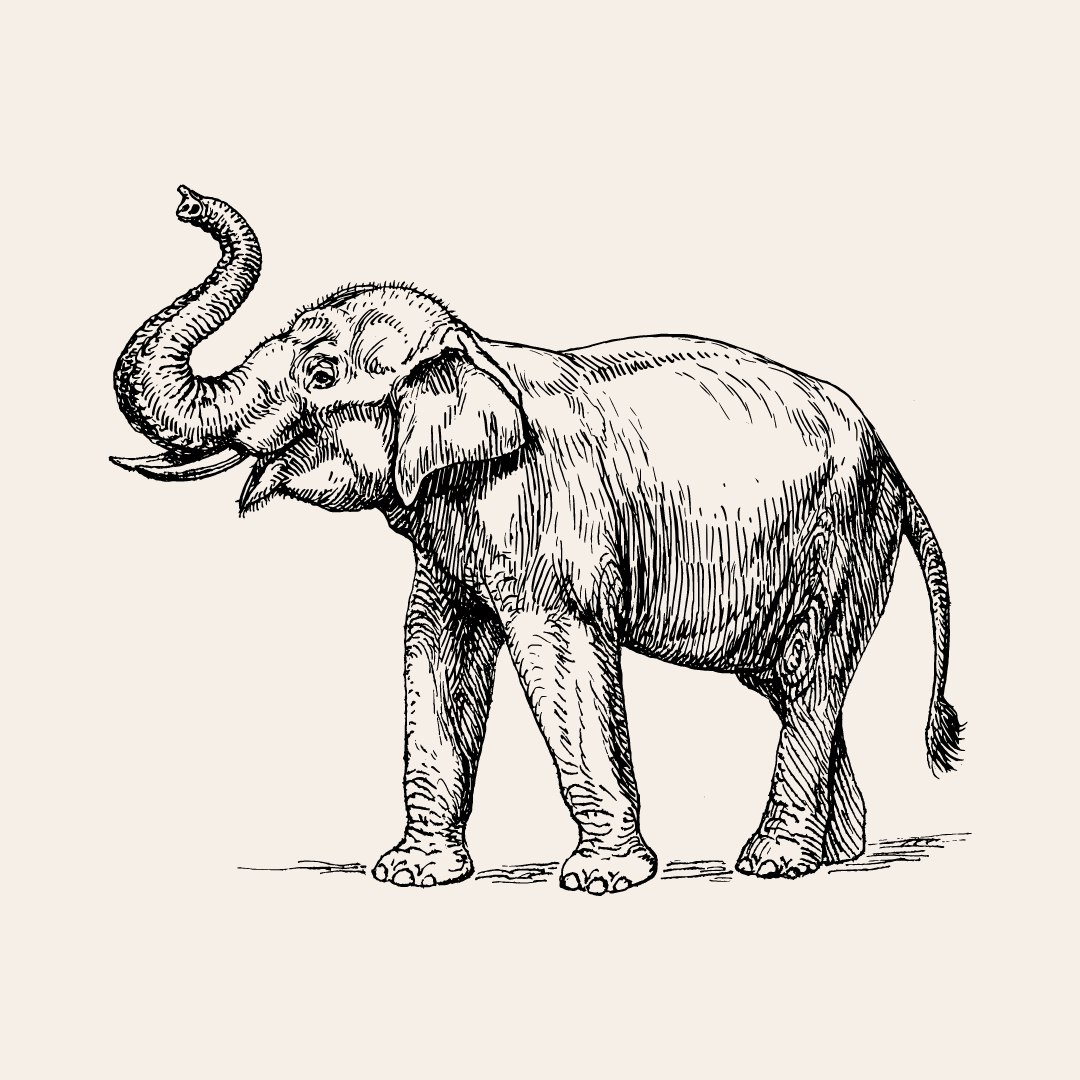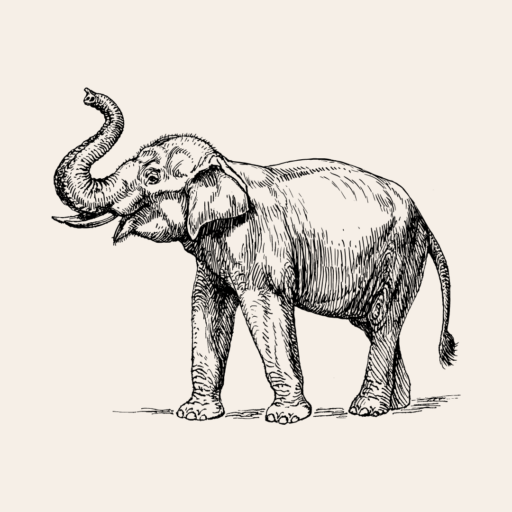Speech of Archbishop Redwood of New Zealand

Given at the opening of the World’s Parliament of Religions, 11 September 1893
I deem it a very great honor and privilege to be present on such an occasion as this, in an assembly that begins, as it were, a new era for mankind —an era, I believe, of real brotherly love. It is a sad spectacle, when the mind ranges over a whole universe, to see that multitude of 1,200,000,000 of human beings created by the same God, destined to the same happiness, and yet divided by various barriers ; to see that instead of love prevailing from nation to nation, there are barriers of hatred dividing them. I believe an occasion like this is the strongest possible means of removing forever such barriers.
[After emphasizing the fact that the doctrnie of the Incarnation as taught by the Catholic Church involves not only the fatherhood of God, but the brotherhood of God, and the brotherhood of all mankind, the speaker contniued : ]
These are the great ideas that underlie Christianity fully understood. We are to remove, in this nineteenth century, the barriers of hatred that prevent men from listening to the truths contained in all religions.
In all religions there is a vast element of truth, otherwise they would have no cohesion. They all have something respectable about them, they all have vast elements of truth ; and the first thing for men, to respect themselves and to take away the barriers of hatred, is to see what is noble in their respective beliefs and to respect each other for the knowledge of the truth contained therein.
Therefore I think that this Parliament of Religion will promote the great brotherhood of mankind, and in order to promote that brotherhood it will promote the expansion of truth. I do not pretend as a Catholic to have the whole truth or to be able to solve all the problems of the human mind. I can appreciate, love and esteem any element of truth found outside of that great body of truth. In order to sweep away the barriers of hatred that exist in the world, we must respect the elements of truth contained in all religions, and we must respect also the elements of morality contained in all religions.
Man is an intelligent being, and therefore he requires to know truth. He is also a moral being that is bound to live up to that truth, and is bound to use his will and liberty in accordance with truth. He is bound to be a righteous being. We find in all religions a number of truths that are the foundation, the bed-rock of all morality, and we see them in the various religions throughout the world, and we can surely, without sacrificing one point of Catholic morality or of truth, admire those truths revealed in some manner by God.
Man is not only a moral being, but a social being. Now the condition to make him happy and prosperous as a social being, to make him progress and go forth to conquer the world, both mentally and physically, is that he should be free, and nut only to be free as a man in temporal matters, but to be free likewise in religious matters. Therefore, it is to be hoped that from this day will date the dawn of that period when, throughout the whole of the universe, in every nation, the idea of oppressing any man for his religion will be swept away. I think I can say in the name of the young country I represent, in the name of New Zealand and the Church of Australasia, that has made such a marvelous progress in our time, that we hope God will speed that day.
Get your copy today: 'One Elephant: a Spiritual Journey to the Cosmos from the 1893 Chicago World's Fair.'
 ONE ELEPHANT
ONE ELEPHANT

